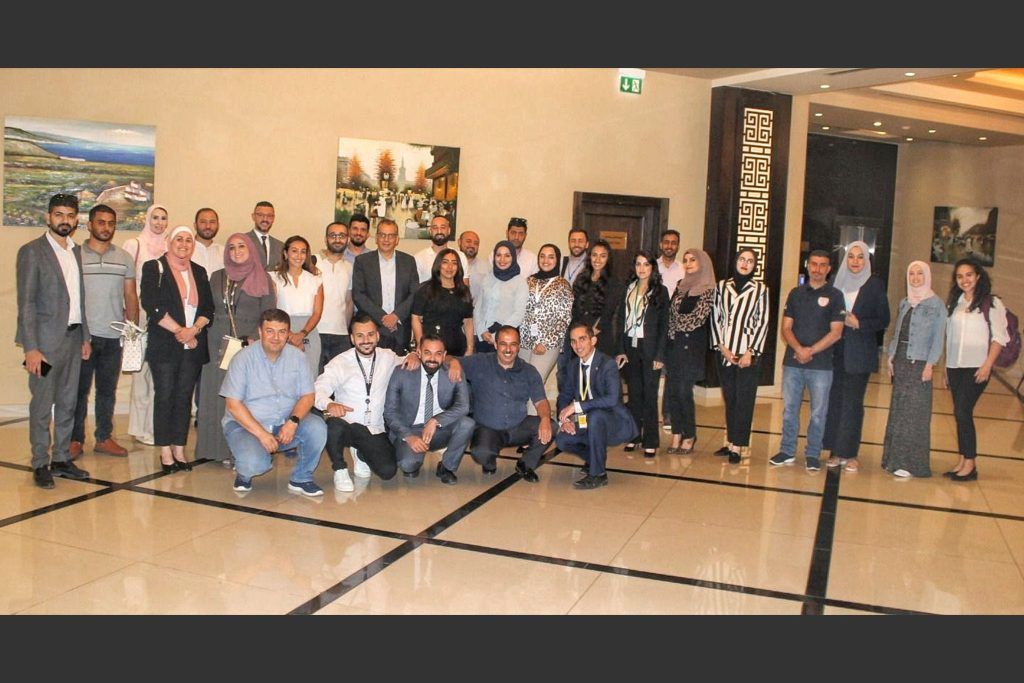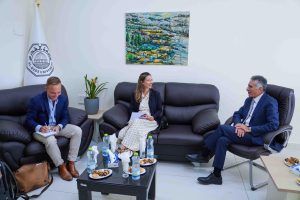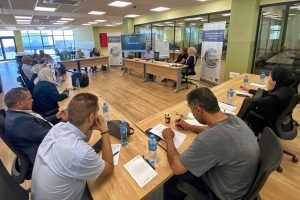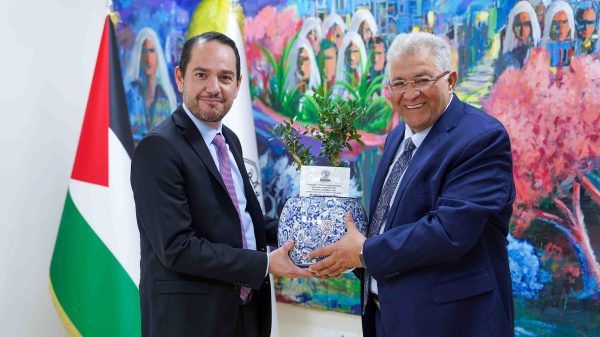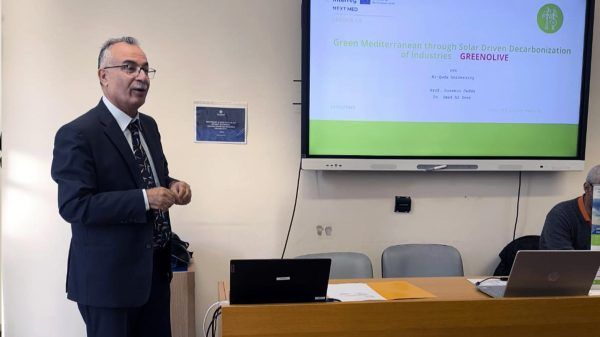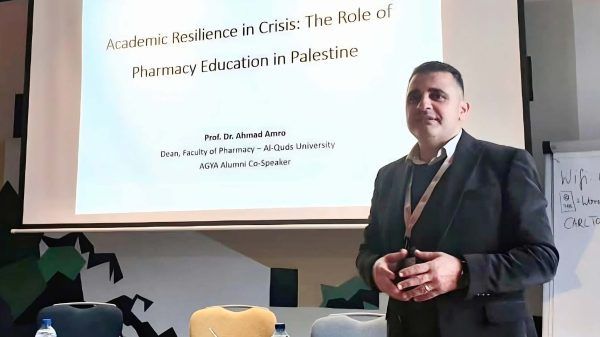Amid growing economic pressures and shrinking opportunities in East Jerusalem, a new study by Al-Quds University’s Business and Technology Incubator (BCITE) under the Youth Economic Empowerment in Palestine (YEP) project, implemented in partnership with Enabel, Belgian agency for international cooperation and funded by the EU. Highlights cooperatives as one of the most promising yet underutilized pathways for resilience and collective economic empowerment.
Conducted between August and September 2024, the assessment engaged 36 youth participants (18 women and 18 men) through two focus group discussions with existing and potential cooperative members, as well as SME owners exploring cooperative models as a measure of sustainability. The discussions were jointly facilitated by BCITE and Enabel’s YEP Program, supported by the European Union in collaboration with the International Labour Organization (ILO).
A key finding reveals the enduring strength of cooperative models amid socioeconomic and geopolitical instability. The study emphasizes their ability to help youth in Jerusalem withstand labor market shocks, sustain livelihoods, and adapt to growing fragmentation. It calls on the international and donor community to prioritize targeted funding for cooperatives and potential members in Jerusalem as a mechanism for inclusive and sustainable local development.
Building on these insights, the study recommends the creation of cooperative-focused incubation programs that combine governance, feasibility planning, and financial management with conventional business development training. Such programs are vital to closing existing capacity gaps in financial literacy, digitization, and democratic management.
The assessment also underscores the importance of strengthening internal financing mechanisms, such as preferred shares, member-based equity, and undividable reserve funds, to enhance the creditworthiness of cooperatives and expand their access to investment.
At the ecosystem level, the study finds that while the cooperative landscape in Jerusalem remains nascent, it holds significant untapped potential. It calls for stronger legal and operational support to ease cooperative registration, address tax obligations, and improve access to decentralized logistics hubs and union networks.
The study further identifies a lack of public understanding of cooperative business models, often misperceived as charity work. To address this gap, it recommends:
- Integrating cooperative principles into secondary and tertiary education curricula to foster a culture of solidarity from an early age.
- Launching public awareness campaigns to raise understanding and visibility of cooperatives among youth and entrepreneurs.
- Encouraging partnerships between universities, vocational institutions, and cooperative unions to develop joint training, research, and mentorship programs.
As BCITE has already translated several of these recommendations into action through its cooperative-specific incubation and training programs under the YEP project, implemented in partnership with Enabel, Belgian agency for international cooperation and funded by the EU, with the first cohort successfully completed its cycle. This program marked a tangible step toward building a stronger cooperative ecosystem in Jerusalem. Drawing on the insights of this study, BCITE will continue to refine and expand its model to strengthen cooperative governance, enhance access to finance, and deepen institutional collaboration. The findings serve as a foundation for advancing a new generation of cooperative innovation in Jerusalem rooted in solidarity, sustainability, and economic self-reliance.


